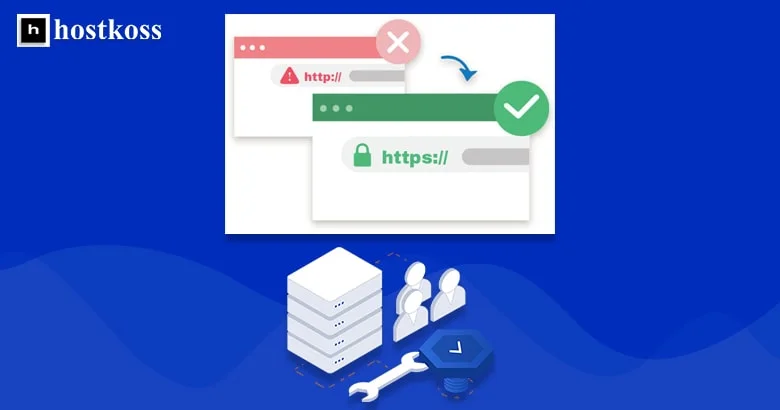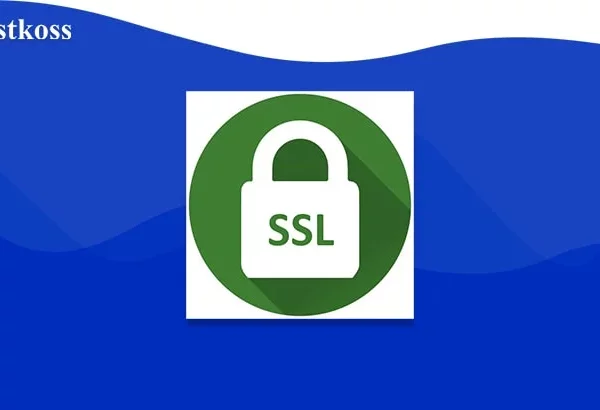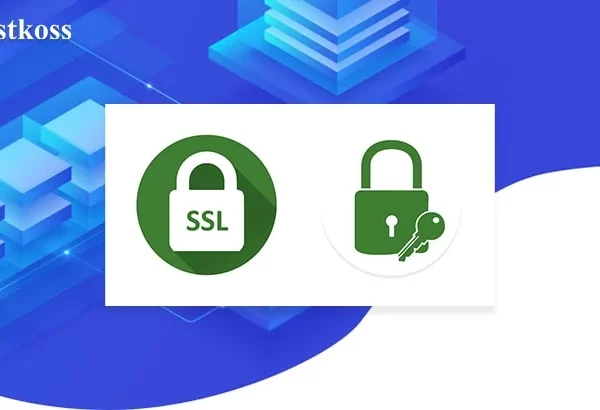HTTP is used to access sites on the Internet. Without it, sites stop working. HTTPs is a new protocol that increases security and privacy on the Internet.
What is HTTP
HTTP is a protocol that defines how messages are formatted and sent over the Internet. HTTP is also known as the Hypertext Transfer Protocol. It is a set of rules for exchanging data between computers connected to the World Wide Web.
What is HTTPS
The HTTPS protocol is Secure Sockets Layer (SSL) and Transport Layer Security (TLS) that protects your data from being stolen or tampered with when you are on the Internet. It is a way of encrypting data that is transferred between two computers. HTTPS uses TLS to encrypt the connection between the two machines and SSL to protect the data being transmitted over it. HTTPS prevents hackers from intercepting and spoofing your personal information such as passwords, bank details, etc.
What is the difference between HTTP and HTTPS
HTTP is the protocol that web browsers use to transfer files from a web server. HTTPS is a secure version of HTTP. HTTPS uses SSL encryption to ensure that all data transmitted over the Internet is encrypted. HTTP works without encryption, which means that all data passing through the network is not encrypted.
What are the benefits of using HTTPS?
Protects against eavesdropping and man-in-the-middle attacks * Securely transmits data without revealing data in transit * Protects the confidentiality and integrity of information such as credit cards and social security numbers * Prevents third parties from modifying page content without knowing the encryption key HTTPS is used to protect web pages from eavesdropping and man-in-the-middle attacks. It also protects data in transit by preventing third parties from modifying page content without knowing the encryption key.
How do you implement HTTPS on your website?
Step by step
- Replace http with https in your website URL or use the “http” directive to force the browser to use HTTP instead of HTTPS.
- Create a self-authenticating SSL certificate for your “domain name”. You can do this by running openssl req -x509 -nodes -days 365 -newkey rsa:1024 -keyout domain.key -out domain.csr
- Sign the certificate with your company’s certificate.
How does a secure website affect your SEO ranking?
Search engine optimization is the process of improving the visibility of a website or web page in free search engine results, often referred to as “natural”, “organic” or “earned” results. SEO can target different types of searches including image search, local search, video search, academic search, news search and industry vertical search engines.
The optimization process may include title tags, meta tags, keyword density, linking strategy, and other on-page optimization.
Using SSL certificates is the only way to protect personal information such as credit card numbers, social security numbers, and passwords. Without HTTPS, this information can be stolen by an attacker or someone who has access to the computer.
The short answer is yes.
Expanded answer: SSL (Secure Sockets Layer) certificates provide encryption and authentication for your website and greatly increase your website’s ranking on Google’s search engine. It is also a small investment that can provide a great return on your investment.
What are the best practices for deploying an SSL certificate on a website?
The best practice for deploying an SSL certificate on a website is to deploy the certificate on a server other than the website being secured.
Why do I need a secure web connection? The Internet is a very public place, and as such, it is important to make sure that the information you send and receive is protected.
There are many reasons why HTTPS is important for your website. The main reason why HTTPS is so important is that it prevents man-in-the-middle attacks, which can intercept data as it moves across the Internet. The first step in securing your website with HTTPS is to install an SSL certificate on your server.
You can get free SSL certificates from Let’s Encrypt and install them on your server in just a few clicks.
Read also:
- What is an SSL certificate, to why you should install one
- Encryption: Types and algorithms. What it is
- How to get an SSL certificate for free
Questions and answers about HTTP and HTTPS
While it’s not mandatory, HTTPS is highly recommended for all websites to ensure data security and build trust with visitors.
Modern SSL/TLS protocols have minimized the performance impact of HTTPS, making it a viable option for all websites.
Yes, many hosting providers offer free SSL certificates through initiatives like Let’s Encrypt, making HTTPS implementation accessible to all website owners.
Yes, Google considers HTTPS as a ranking signal, giving secure websites a slight boost in search engine results.
Migrating from HTTP to HTTPS involves obtaining an SSL certificate, configuring your server, and updating internal links and resources to use HTTPS.



